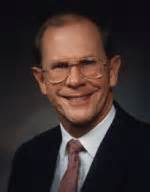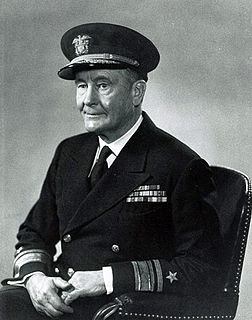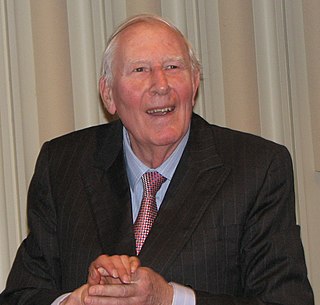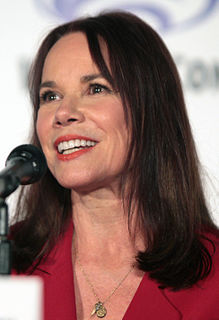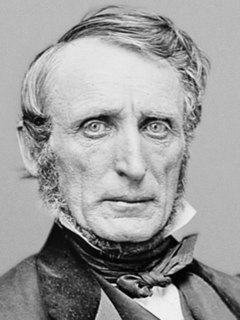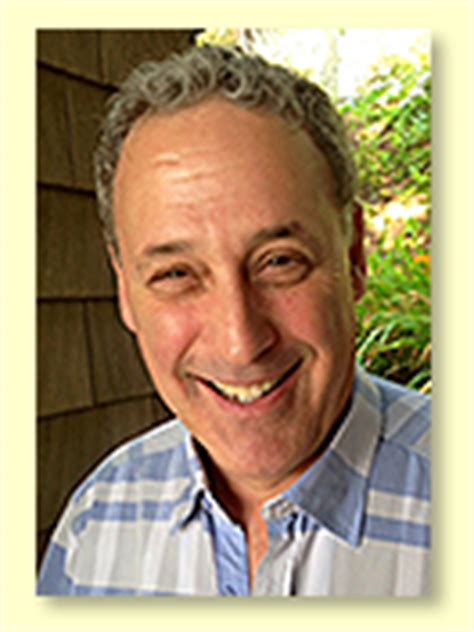A Quote by John Maynard Keynes
[Silvio] Gesell's chiefwork is written in cool and scientific terms, although it is run through by a more passionate and charged devotion to social justice than many think fit for a scholar. I believe that the future will learn more from the spirit of Gesell then from that of Marx.
Related Quotes
I had to learn that there is more to the human being than material comfort, more than success, more even than national spirit or patriotism. That in any being worthy of being human there is also a demand for justice, for liberty, and that justice needs the evidence of all our lives, liberty is one and indivisible and collective, and no one can talk of justice solely for expediency's sake, nor of liberty while human beings, anywhere else on earth, are still in bondage.
I've found, as I'm sure you have, that when you're trying to learn from the Lord and you feel an impression from the Spirit, it's important to make a note so it will not be forgotten. The more you not only hear but abide by what you've been told, the more the Lord will give to you. It will come more and more rapidly and you will begin to hear and feel those impressions of the Spirit more quickly than you have previously done.
If the American Revolution had produced nothing but the Declaration of Independence, it would have been worth while. . . . The beauty and cogency of the preamble, reaching back to remotest antiquity and forward so an indefinite future, have lifted the hearts of millions of men and will continue to do. . . . These words are more revolutionary than anything written by Robespierre, Marx, or Lenin, more explosive than the atom, a continual challenge to ourselves as well as an inspiration to the oppressed of all the world.
It will be good for us in the long run, and I mean there are six and a half billion people in this world. And it's great for 300 million to keep enjoying more and more property, but I think it's terrific if the remainder do. And I think if they can learn something from us in terms of our system, and I think they have, they are learning more about how to unleash the potential of their citizenry to turn out more goods and services that their citizens want or that we want, I think that's terrific.
Even still, we run. We have not reached our average of 57.92 years without knowing that you run through it, and it hurts and you run through it some more, and if it hurts worse, you run through it even more, and when you finish, you will have broken through. In the end, when you are done, and stretching, and your heartbeat slows, and your sweat dries, if you've run through the hard part, you will remember no pain.
We run, not because we think it is doing us good, but because we enjoy it and cannot help ourselves...The more restricted our society and work become, the more necessary it will be to find some outlet for this craving for freedom. No one can say, 'You must not run faster than this, or jump higher than that.' The human spirit is indomitable.
I don't really think in terms of the future of literature. I think literature will be around "forever" - but in a relatively niche way, like jazz and poetry, although probably more widely consumed than jazz and poetry since it's fundamentally a narrative form. And I think that's important and places like Word Riot and 'The New York Tyrant' and 'n+1' will be responsible for keeping it alive.
I think morality is more important than ever before. As we gain more power, the question of what we do with it becomes more and more crucial, and we are very close to really having divine powers of creation and destruction. The future of the entire ecological system and the future of the whole of life is really now in our hands. And what to do with it is an ethical question and also a scientific question.
To be a science fiction writer you must be interested in the future and you must feel that the future will be different and hopefully better than the present. Although I know that most - that many science fiction writings have been anti-utopias. And the reason for that is that it's much easier and more exciting to write about a really nasty future than a - placid, peaceful one.
What you learn is often determined by what you need to know. If you think you're weak, you will learn that you are strong. If you think you are indestructible, you will learn that you are fragile.
In the end though, you will learn that you are human. You are no more and no less than all those who are learning their lessons as you learn yours.
It's actually quite common for presidents to believe that future generations will render a verdict on their presidencies that is more lasting or definitive than the judgments of their contemporaries. The reason is that although history is certainly "an argument without end" - we're still debating many age-old questions - time does help settle others.



